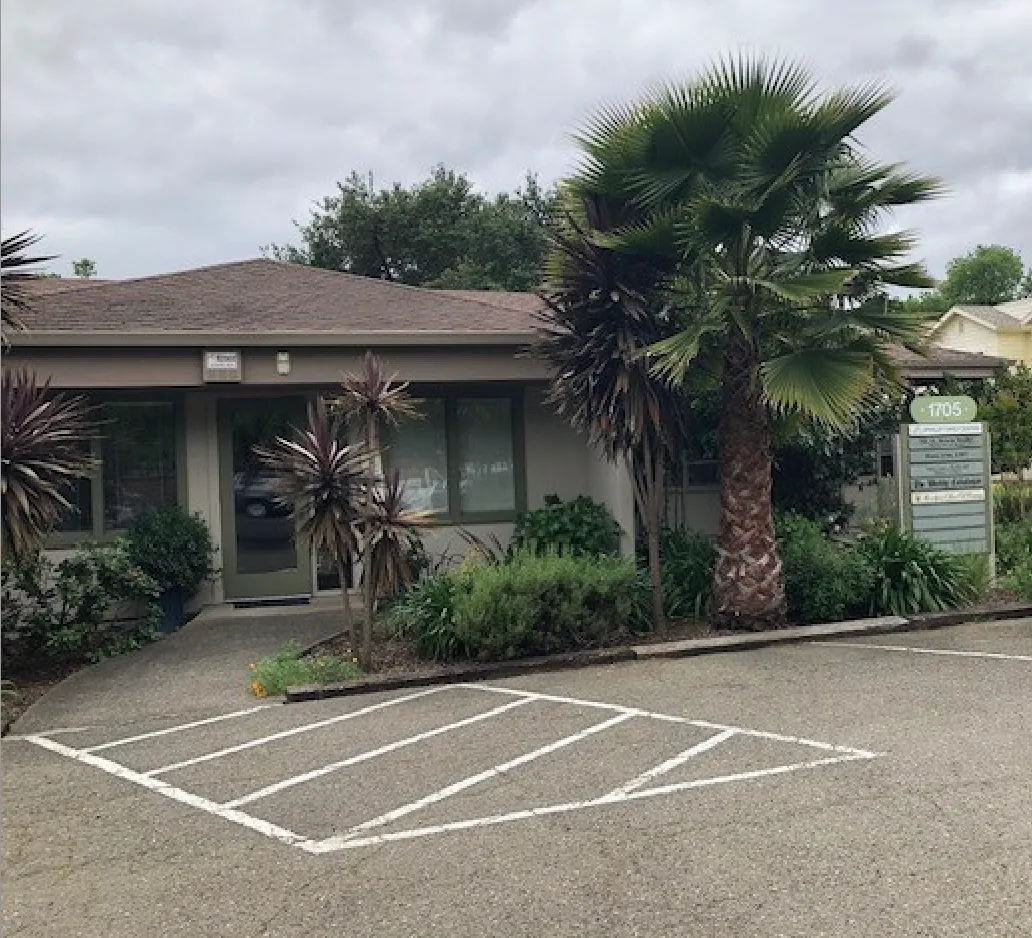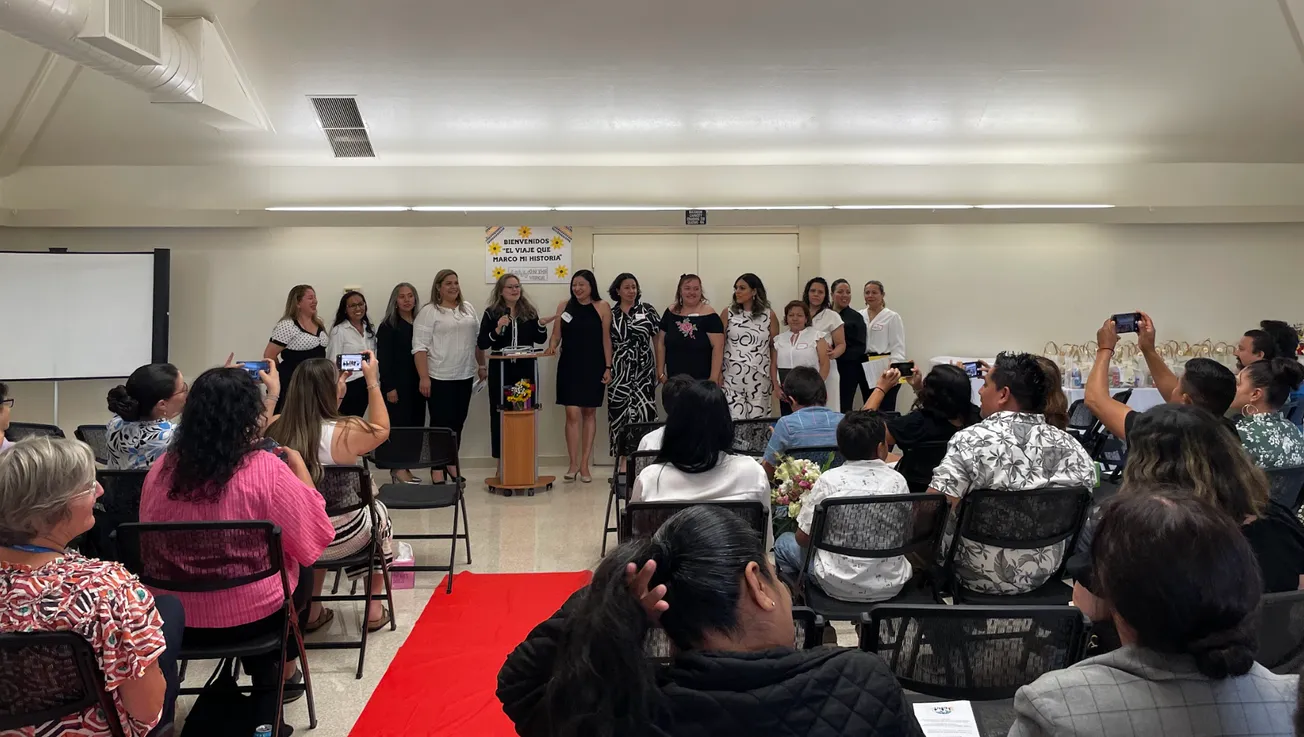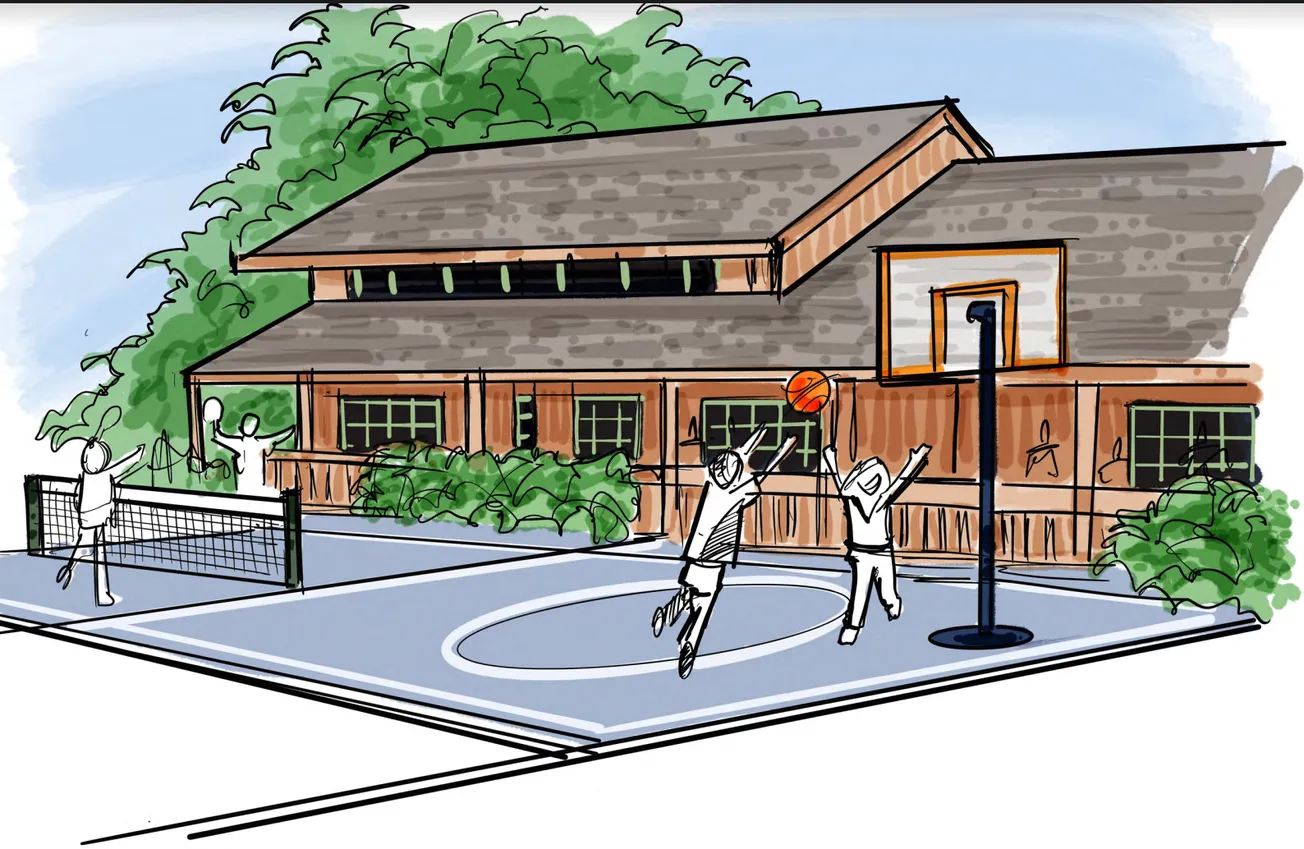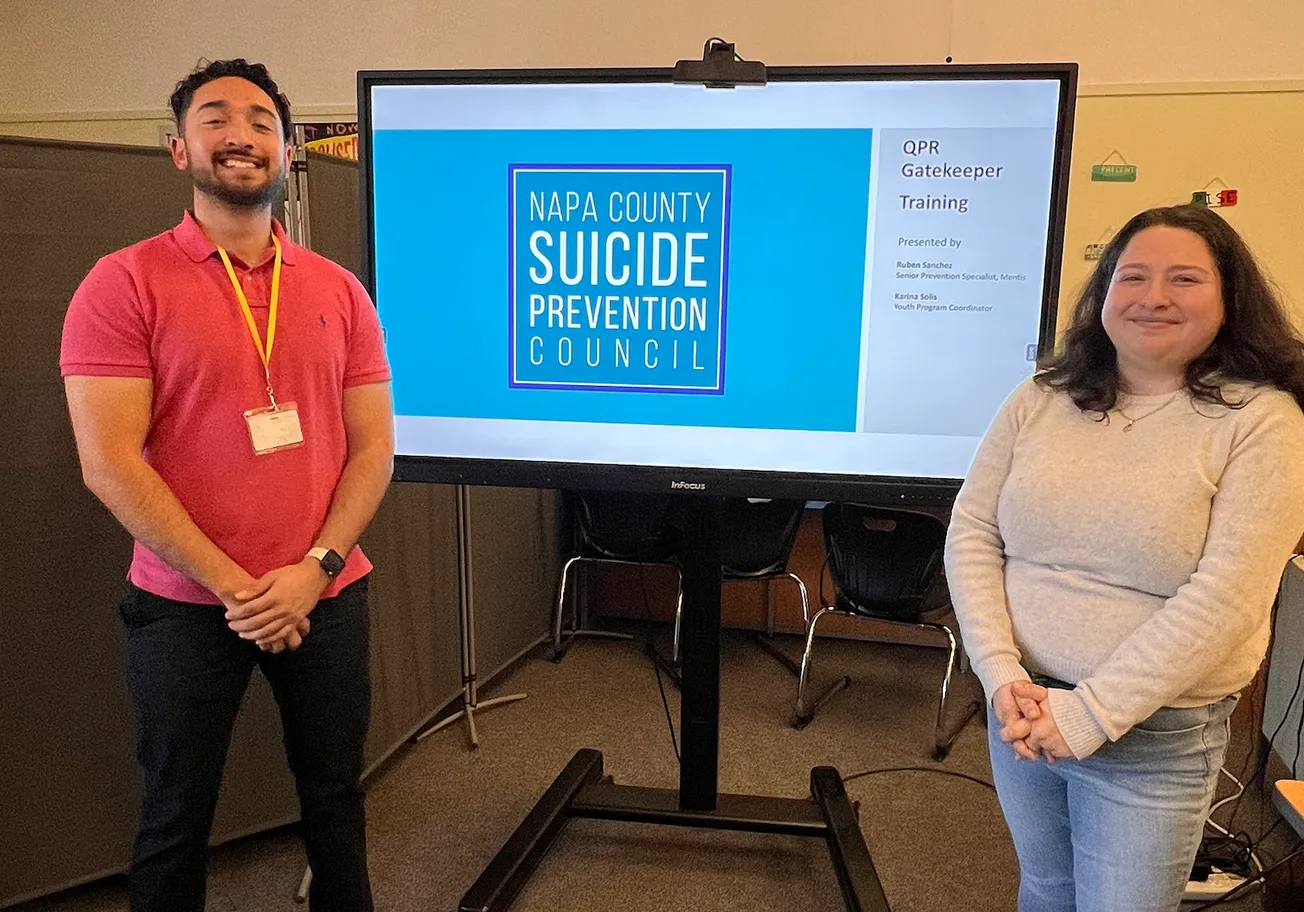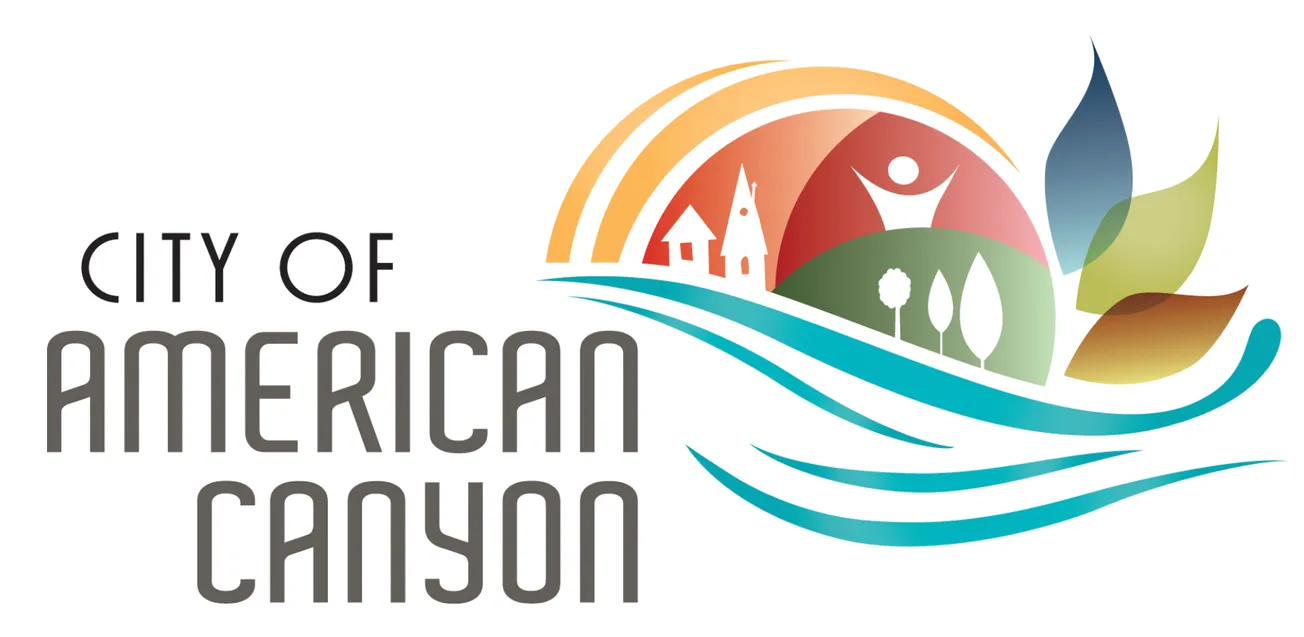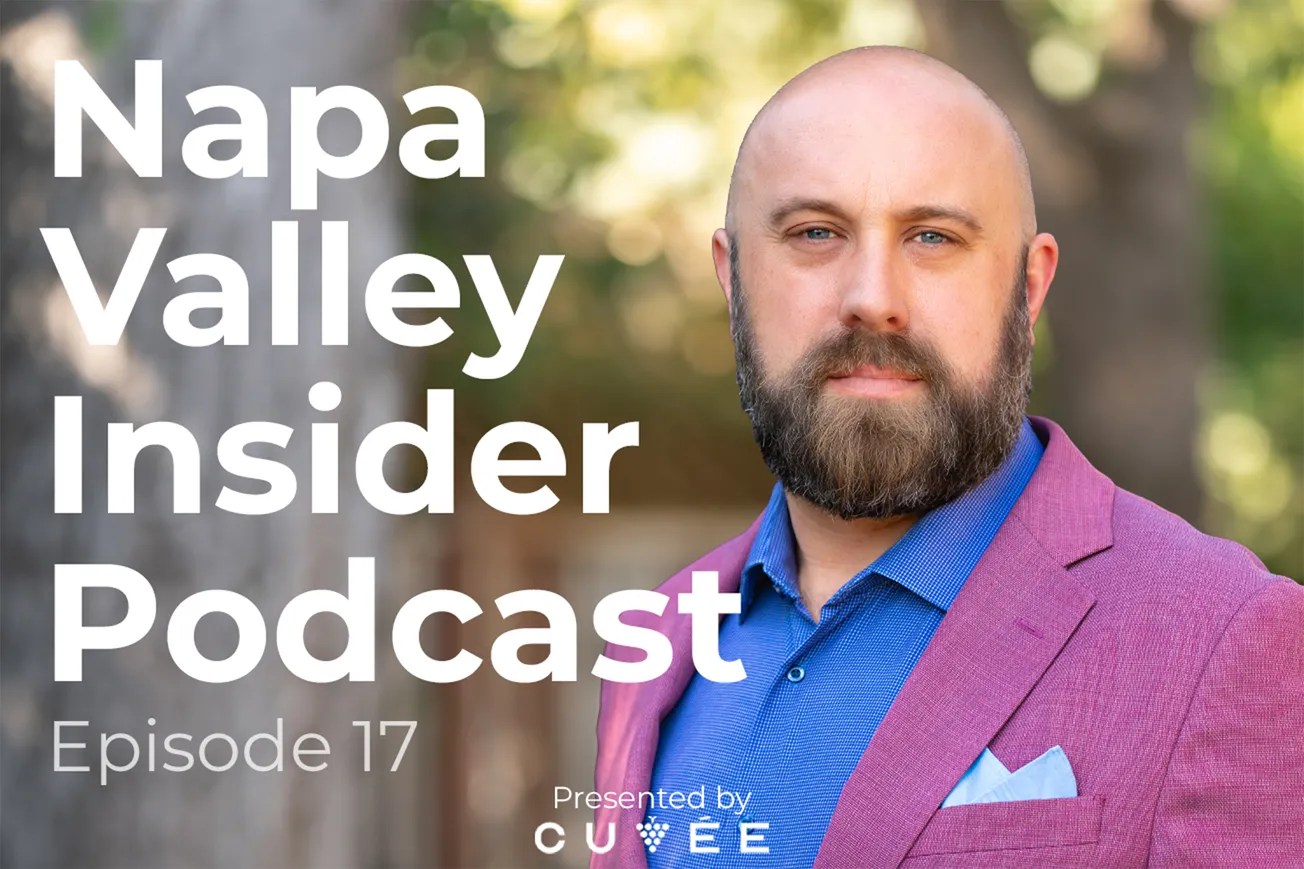Last year, Napa County established a bilingual mental health resource office in town, but county director says locals are unaware it exists.
CALISTOGA – A satellite office providing mental health resources and other forms of aid launched in Calistoga last June as part of a county initiative to address a shortage of services in the upper Napa Valley.
However, those resources remain largely underutilized and untapped, according to
Cassandra Eslami, director of Napa County’s Behavioral Health Division. The problem, she said, is that people are not aware the resource exists.
“We want to ensure that all of our community members, especially our Spanish-speaking community, really have that accessibility and understand where our services are,”Eslami said. “That is why we were intentional about adding bilingual clinicians. We want to be in the community and remove the barrier of language and travel.”
At the Washington Street clinic, in addition to immediate support, evaluations for mental well-being, bilingual therapy, assistance with Medi-Cal and CalFresh enrollment are offered.
In a community needs assessment, administered last year by the county, locals voiced the need for more assistance in Spanish (e.g.,bilingual therapists) as well as increased support for individuals who do not qualify for county mental health services, emphasizing the importance of connecting everyone with appropriate support, Eslami said.
Before the satellite office was built, Upvalley clients had to travel to the Napa County Health and Human Services campus in Napa to receive individualized mental health treatment.
Earlier this month, the county’s Behavioral Health Board met in a regular session to discuss the continued expansion of Upvalley mental health support. At the meeting, concerns were expressed about the lack of mental and behavioral health referrals that came from Calistoga.
During the meeting, Adrian Aguilar, a senior mental health worker, shared a story
about an older adult who was experiencing substance use disorder, anxiety, and depres sion, and was, at first, resistant to help. Despite initial challenges, the client eventually developed trust in Aguilar and was connected to resources in Calistoga.
“This is an example of a success story in Calistoga and we know there are more,” Eslami said.
The county’s Health and Human Services Agency last July received more than $3 million from the state to improve its behavioral health infrastructure.
“The grant focused on addressing the gaps in the availability of crisis services and supports an organized continuum to reduce emergency department visits, hospitalizations and incarceration,” read a press release from the county.
The Calistoga office, however, was funded through a variety of sources, which included money from the Mental Health Services Act, Medi-Cal billable services and other local government funding. It was not paid for by the Behavioral Health Continuum Infrastructure Program (BHCIP) or by any other grant money, Eslami said in an email.
The Calistoga satellite office offers bilingual emotional health support to individuals with a range of mental health care needs, from mild to severe. While the office primarily focuses on services for those with serious mental illnesses, Eslami said no one seeking help will be turned away.
“If you have mild to moderate needs, we will connect you to the right help,” she said. Insurance status does not prevent any person from being serviced, she added.
During office hours, anyone of any age can visit the office to be assessed by a mental health or substance use provider. Screenings are conducted to evaluate each person’s wellbeing and to create an individualized treatment plan.
“We have been collecting monthly data, checking in to see if we were moving the needle on getting more people Upvalley involved in using our vital services, which historically has been underserved in terms of mental and physical care,” said Eslami. “We are now focusing on outreach to get the word out because we are not hitting the numbers we would like to see.”
The establishment of the Calistoga satellite office is reflective of the community’s need, explained Eslami. Now, more than ever, she said people need to know the services are here and are available to be utilized.
The schedule of services throughout the week is as follows:
Monday
8 a.m. to noon: Alcohol & Drug Services, bilingual program and service information, on-site admission paperwork and assessments
are offered.
1 p.m. to 5 p.m.: The Child and Youth Full-Service Partnership Program, including
bilingual individual therapy and the Pathways to Well-Being Program, are provided.
Tuesday
8 a.m. to noon: Walk-ins are welcome for all ages. Bilingual specialty mental health screenings are offered.
1 p.m. to 5 p.m.: The Adult Full-Service Partnership Program (Ages 26-59) and System Navigator services are available for all ages.
Wednesday
1 p.m. to 5 p.m.: Services tailored for older adults (Ages 60+). Bilingual case manage ment and individual therapy is also offered.
Thursday
8 a.m. to noon: Walk-ins are welcome for all ages. Bilingual specialty mental health screenings are available.
1 p.m. to 5 p.m.: Child and Youth Full-Service Partnership Program and the Pathways to Well-Being Program are offered.
Friday
1 p.m. to 5 p.m.: Child and Youth Full-Service Partnership Program and the Pathways to Well-Being Program are offered.
The office is located at 1705 Washington St., Suite K in Calistoga.
For more information, click here.


